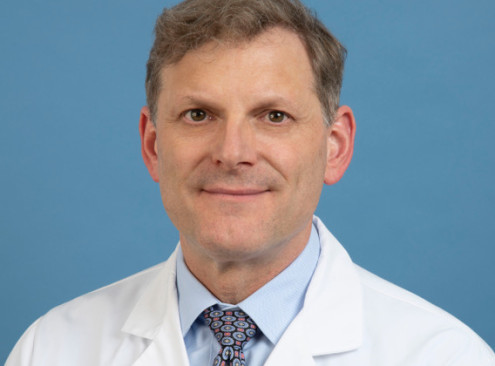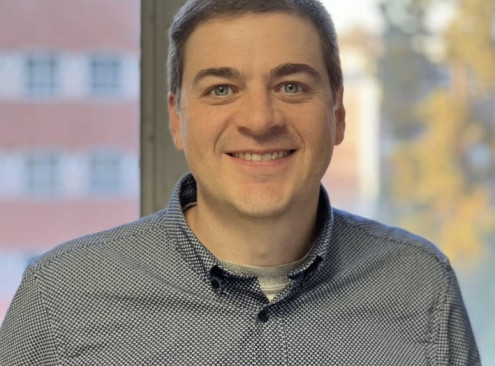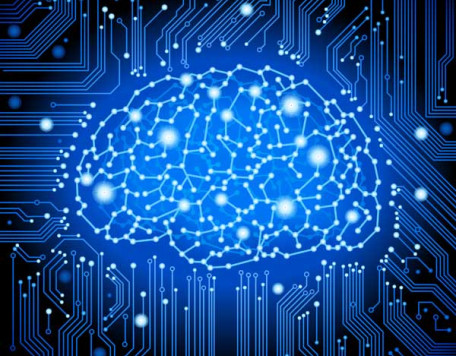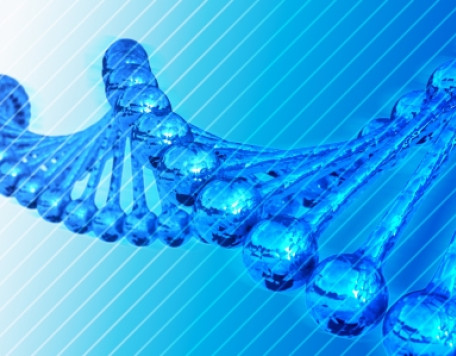© Pint of Science, 2025. All rights reserved.
Can new technology enable us to make sense of people’s thoughts? Can it assist brain rewiring after brain injuries? Come join us for an evening where we’ll explore how the AI revolution has assisted research to read deep into people’s minds and how innovative new therapy approaches can help patients recover after stroke.
Brain Repair After Stroke
Steven Cramer
(MD & Professor at UCLA)
Stroke is a common cause of disability. Treatments provided in the ER can help, but most people with stroke do not receive these. A new family of therapies is emerging, with a focus on repairing the brain. These therapies build on the brain’s own processes for restoring function. Many types of therapy are under study, including drugs, cells, growth factors, and electric or magnetic stimulation. Intensive practice is also under study and is of double importance, first as a therapy in its own right and second as a cofactor that enables the other therapies, the latter underscoring that rewiring the brain after stroke occurs on the backbone of “experience-dependent plasticity.” This talk will review the major evidence to date for brain repair after stroke.

Reading thoughts from human neural recordings
John Sakon
(Project Scientist, UCLA)
Neurons in the human brain respond to specific concepts (e.g. Rachel from Friends) including when a person remembers them. Using such neurons we can uncover people’s internal thoughts, but the odds of finding one for a new experience remains low. Our work finds AI deep learning models, applied to many neurons from humans recalling memories, can read their thoughts seconds before they say them.

Map data © OpenStreetMap contributors.
Other Weary Livers events
2025-05-20
Navigating to the Future
Weary Livers
2819 Pico Blvd, Los Angeles (CA), CA 90405, United States
2025-05-19
Adapting to Impact: From Almost Extinct Panthers to Artificial Sweeteners
Weary Livers
2819 Pico Blvd, Los Angeles (CA), CA 90405, United States



